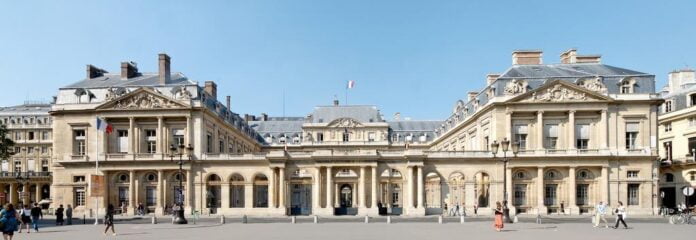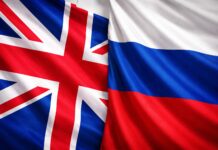France’s political landscape is in upheaval as the country braces for the final vote in the parliamentary elections. The National Rally (RN), an anti-immigration party led by Jordan Bardella, has made significant gains, securing one-third of the votes in the first round. With aspirations to secure an absolute majority, Bardella has positioned the RN as a stark alternative to what he describes as a left-wing alliance posing an “existential threat to the French nation.”
A Tense Political Climate
Prime Minister Gabriel Attal finds himself on the brink of losing his position as the RN’s momentum builds. The stakes are high, with the potential for the far-right party to gain an unprecedented hold on the National Assembly. Emmanuel Macron, who initiated the election, now faces a political crisis despite having three years left in his presidency. His centrist movement has been overshadowed by the left-wing New Popular Front and the resurgent RN.
The Battle for the National Assembly
To achieve an absolute majority in the 577-seat National Assembly, the RN needs 289 seats. Their agenda focuses on stringent immigration policies, law enforcement, and tax cuts. Key proposals include restricting social welfare to French citizens, abolishing automatic citizenship rights for children of immigrants, and barring dual citizens from sensitive jobs. In the first round, RN secured 38 seats outright, while the Popular Front and Macron’s alliance lagged with 32 and two seats, respectively.
Strategic Decisions and High Stakes
With 501 seats still in contention, the major political blocs face critical decisions. Candidates from Macron’s camp and the Popular Front have until Tuesday evening to withdraw and maximise the chances of defeating RN candidates. The urgency and tension of the campaign have led to public disputes, such as Greens leader Marine Tondelier’s emotional reaction to calls for voters to avoid supporting the largest left-wing party.
Voter Turnout and Run-off Dynamics
This election is notable for the high voter turnout of 66.7%, the highest since 1997, resulting in many three-way run-offs. Despite this, numerous third-placed candidates have withdrawn, aiming to consolidate support against the RN. Sébastien Chenu, a prominent RN figure, expressed confidence in their ability to form alliances even if they fall short of the 289-seat threshold, suggesting potential support from MPs eager to prevent legislative gridlock.
Future Implications
As France approaches the decisive second round, the outcome will significantly impact the nation’s political direction. The RN’s rise reflects broader European trends of populism and right-wing nationalism, posing questions about the future of immigration, social policy, and France’s role in the EU.
Further Reading




